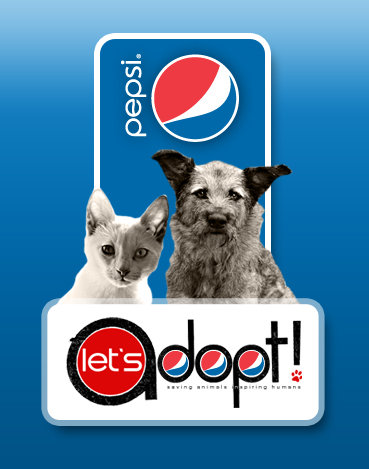In a world increasingly driven by consumer awareness and social responsibility, some corporations face scrutiny for their alleged associations with animal cruelty. One major player in the beverage industry, PepsiCo, has found itself at the center of a contentious debate regarding animal welfare. The question arises: does Pepsi fund animal cruelty projects? To address this, it is crucial to sift through empirical evidence and anecdotal claims, separating fact from fiction.
The origins of this inquiry can be traced to various social media campaigns and documentaries aimed at raising awareness about animal rights. With the rise of digital activism, companies are being scrutinized not just for their products but for their corporate practices as well. PepsiCo, known for its diverse range of beverages, has faced allegations claiming that aspects of its supply chain contribute to animal suffering. But what is the truth behind these claims?
To understand the situation at hand, one must first examine PepsiCo’s corporate policies regarding animal welfare. The company has publicly committed to ethical sourcing and has implemented guidelines aimed at ensuring humane treatment of animals throughout its supply chain. These guidelines align with industry standards, advocating for improved living conditions for livestock and promoting practices that prevent animal harm.
Nevertheless, the juxtaposition of corporate claims and grassroots movements raises pertinent questions. While PepsiCo emphasizes its commitment to ethical sourcing, critics argue that such claims may not always translate into practice. The dissonance between company policies and the realities of animal farming can create an unsettling narrative. As such, deeper exploration is required.
Some of the allegations against PepsiCo revolve around its association with suppliers engaged in practices that could be deemed cruel. This connection often leads to a broader assumption that PepsiCo itself condones such behavior. Advocates argue that corporations must take full accountability for the supply chains they support, rather than relying on third-party assurances. Indeed, this calls for a higher ethical standard in corporate governance.
Furthermore, PepsiCo is part of a larger industry that relies heavily on agricultural production, which in some cases, includes practices that animal rights advocates decry as inhumane. Whether it be factory farming or confinement of livestock, these methods raise ethical concerns and provoke public outcry. In light of this, it is crucial to distinguish between funding cruelty directly and mere indirect association through complex supply chain dynamics.
Factoring in counter-arguments is essential in this discussion. Proponents of PepsiCo assert that the company’s initiatives are genuinely oriented towards improving animal welfare. Initiatives include supporting sustainable farming practices, enhancing animal care standards, and collaborating with independent audits to ensure compliance with welfare standards. Advocates for the corporation argue that holding a company to an idealistic level of perfection in an imperfect world is unrealistic. After all, the journey towards corporate responsibility is a multifaceted process affected by economic, cultural, and regulatory environments.
An important aspect to consider when examining this topic involves consumer influence. Public perception and consumer behavior can significantly impact the decisions made by corporations like PepsiCo. When faced with threats of boycotts or negative publicity, companies may be pressured to elevate their standards. This evolving landscape illustrates the power consumers wield, compelling corporations to align their practices with public expectations of ethical conduct.
In order to dissect the assertions more thoroughly, one must also examine the role of transparency. The transparency of corporate practices is increasingly becoming a focal point in consumer decision-making. PepsiCo, like its contemporaries, has begun releasing comprehensive sustainability reports outlining their animal welfare commitments and progress. These reports are an attempt at fostering dialogue and demonstrating accountability, yet the level of scrutiny remains high.
The balance between corporate success and ethical responsibility creates a challenging dichotomy. PepsiCo’s efforts in promoting sustainable and humane practices are commendable, yet questions linger. For example, how effectively are these initiatives implemented across their vast and intricate supply chains? The complexity of global supply chains raises the stakes—ensuring welfare in every aspect becomes an uphill endeavor.
In conclusion, the notion that Pepsi funds animal cruelty projects is tangled in a web of complexities. Allegations may stem from valid concerns surrounding animal welfare practices within certain sectors of its supply chain. However, it is essential to recognize the strides PepsiCo is making towards ethical sourcing and sustainable practices. The intricacies of corporate accountability, consumer responsibility, and the imperative for transparency could ultimately shift public perception and increase pressure on corporations to uphold animal welfare standards. As the landscape of consumer activism evolves, so too must the practices of companies like PepsiCo. Vigilance, advocacy, and informed consumer choices will play pivotal roles in this ongoing dialogue about animal welfare in the corporate world.








